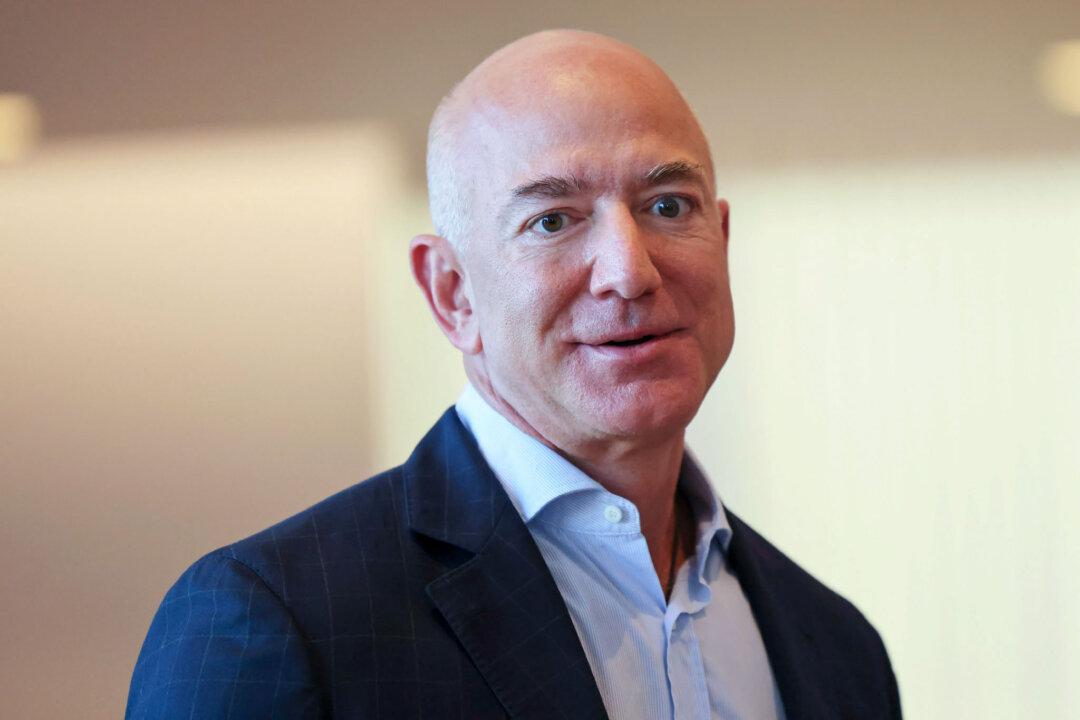Jeff Bezos, owner of The Washington Post, defended the newspaper’s decision to not endorse a presidential candidate in the upcoming election, saying endorsements create a perception of bias that has no impact on elections and contributes to the public’s loss of faith in traditional media.
“Presidential endorsements do nothing to tip the scales of an election. No undecided voters in Pennsylvania are going to say, ‘I’m going with Newspaper A’s endorsement.’ None,” Bezos said in an Oct. 28 op-ed, which ran in his newspaper’s Oct. 29 print edition.






